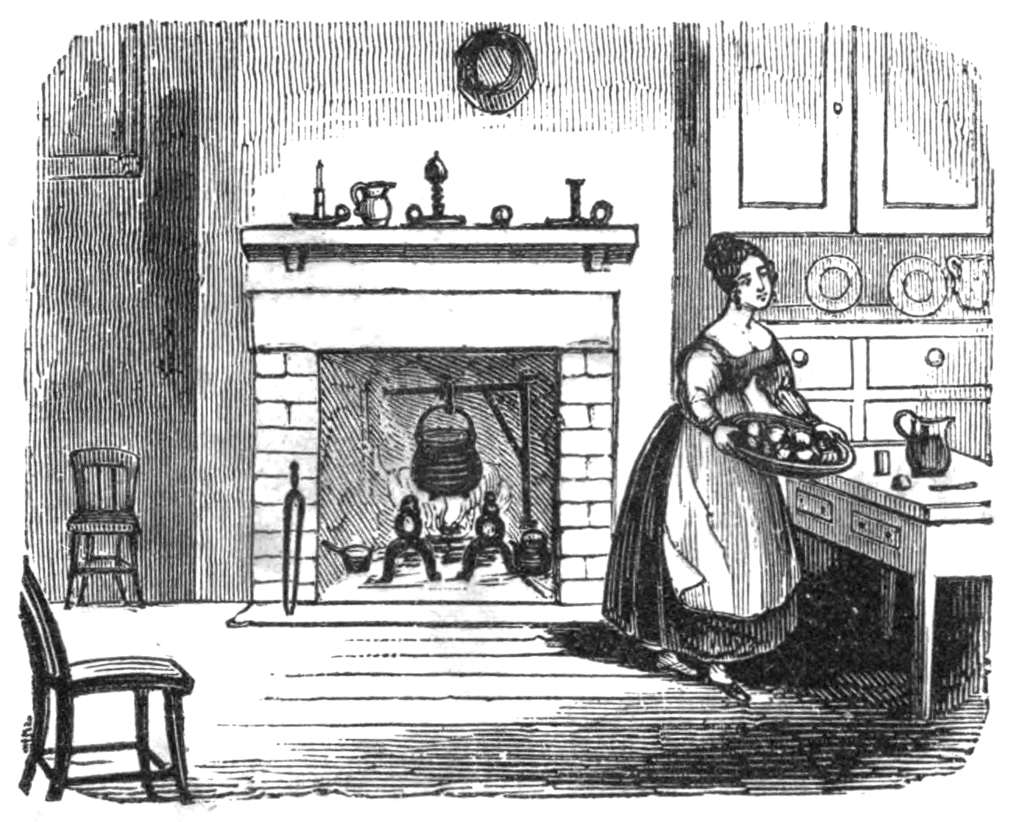Read the blog
Guilt Free Eating
I was in one of my favorite restaurants the other day, a cafeteria-style salad-and-sandwiches place, and while waiting to pick up my order at the other end of the line, I gazed fondly at the display of luscious-looking desserts (many of them gluten-free or vegan or pasture-raised-and-massaged or…hey, it’s LA). That’s when I noticed a little sticker on the sneeze guard that said “Our desserts are made with all-natural ingredients that your grandmother would recognize.”
Ehhh, I don’t know…it just rankled.
I understand the rational for the whole back-to-basics all-natural-organic cooking movement. It was an inevitable response to the many years following World War II where food became more and more processed, convenient and full of ingredients that many of us couldn’t pronounce (some of which are preservatives which make our food safer). For a long time, I was a huge proponent of this movement. I loved organic, natural, local…whatever sounded the least processed was what was going in my grocery cart. It’s a completely privileged way to be able to live and I knew I was lucky. But the downside of thinking this way about food was an intense feeling of guilt whenever I bought plain ol’ conventional broccoli from my local big-chain supermarket.
Guilt: a hallmark of so many modern ways of eating.
It isn’t just the organic and/or local movements that seem peppered with this emotion. It’s everything we must feel guilty about these days: calories, fat, carbs, too much sugar, not enough fiber, not natural enough. I was enjoying dessert after a very nice dinner with a crowd of people recently when I heard at the end of the table, “Is the red velvet cake worth the calories?” A former long-time dieter, I heard the twinge of guilt immediately: How bad will I feel if I gain two ounces after eating this cake? (And by the way, it should never be a question. Red velvet cake – hell, any cake – is always worth the calories if it’s what you want).
Trader Joe’s has a line of Reduced-Guilt diet foods (great blog post about that here), the implication being that we naturally feel guilty when we eat the non-Reduced-Guilt foods. Since when did guilt become the bedfellow of eating? Food is not morality. Food is just food. Like it? Eat it. Then shut up about it.
Back to that little sticker that annoyed me so. I don’t remember my Grandmother ever baking so much as a Pillsbury Cookie. She worked in a factory for a living and spent much of her time dieting, then cared for my Grandfather after he fell profoundly ill. Should our sweet little grannies also feel guilty if they didn’t spend their time in the kitchen whipping up all-natural baked goods and wholesome meals? What if your grandmother ate carrot-and-dirt soup in the old country and hated it and prefers processed convenience foods? Maybe that wasn’t the intention of the sentiment on the sticker, but that was the message I was getting. Not using all natural ingredients? Buying a pre-made frozen chocolate cake instead of baking it from scratch? Oh the shame. Maybe it would have been enough for them to just say “We use all natural ingredients, yum” without the misguided assumption about our grandmas.
I am not trying to malign natural or organic or local or healthy eating. I think those are all wonderful choices to have available. I am saying that guilt should have no part in any of it because it begins to limit the availability of those options. If someone chooses to strictly eat a certain way, let it not be born out of a sense of doing something wrong.
Feeling guilty about eating blunts the enjoyment that we get from food. It messes with a healthy relationship to food. From my own experience, feeling guilty (over the perception of “too many” calories) often led me to eat either more than I wanted or less, and not even enjoy it. Let’s get over our guilt hangover and leave it where it really belongs: with the $60 billion diet industry. Because guilt should have no place in eating.
Subscribe and get my free guide:
Why you overeat …and what to do about it
Click here if you just want my newsletter!

During WWII not many desserts were on the menu back then in the UK as rationing was in force. Powdered egg would have been used – eggs spray dried in the same way as powdered milk is made.
So true – it was a very different situation in the UK than in the US after the war. Post WWII we had a lot of war machinery and technology that became useful for food production, and we were economically very prosperous. Thus the frozen TV dinner!